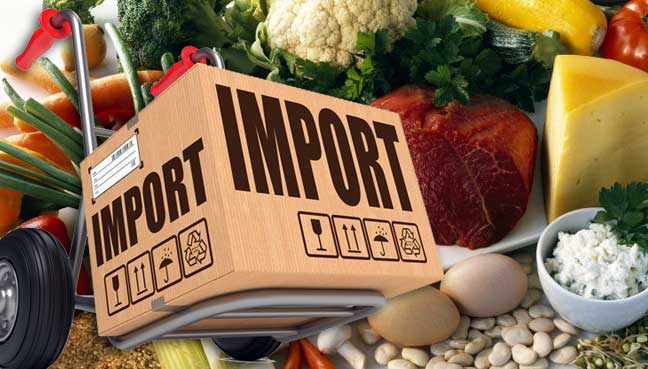IELTS Essay: Imported Foods
Sample Answer
Nations are increasingly importing food products and relying less on domestic supplies. In my opinion, though this has narrow economic drawbacks, it is a net positive.
The negative aspects of increased imports relate to domestic agriculture. In the United States, for example, there are trade agreements with a variety of countries enabling customers to purchase foreign products that cannot be locally grown, are only available seasonally or are prohibitively expensive. Any local farmers who rely on higher prices for specialised crops or expect a surge in sales when the seasons change, must now account for the global nature of agriculture. If they are not in a position to begin exporting to other countries themselves, there is a strong likelihood they will suffer a serious decline in their living standards and may have to consider the possibility of new employment.
However, the cases above are often mitigated with government subsidies and the benefits of imports for the average shopper are substantial. In the past, customers resigned themselves to a limited range of local produce, restricted by both geography and the seasons. Nowadays, imports make it possible to eat exotic fruits and vegetables that cannot be grown in one’s own country. Aside from the luxuries now available, there are also more utilitarian benefits. Countries with large populations and limited arable land, such as in Sub-Saharan Africa and the Middle East, can make deals that leverage their more abundant natural resources. The tangible result is that previously malnourished residents now have greater access to nutritious foods, which in turn raises both life expectancy and quality of life.
In conclusion, the limited economic collateral of a thriving import and export agricultural market do not outweigh the advantages gained for both affluent and underprivileged segments of a population.

